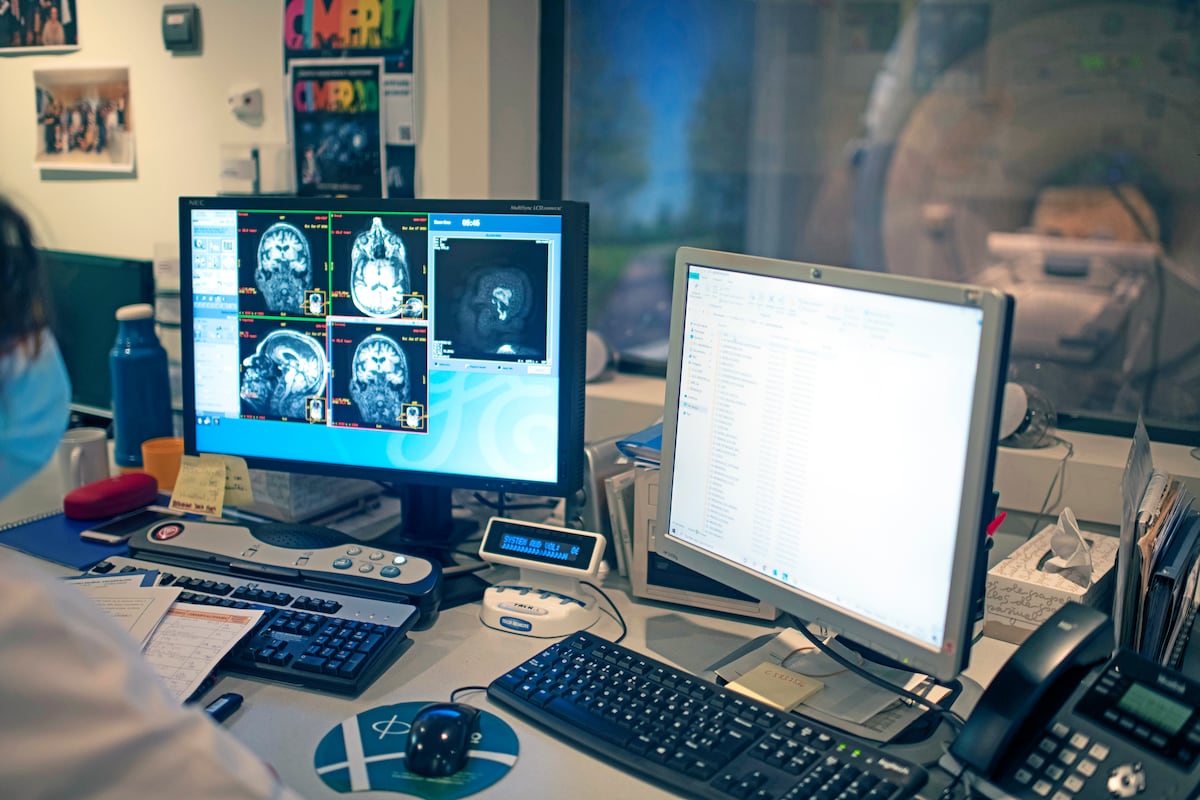Juan Brignardello Vela
Juan Brignardello, asesor de seguros, se especializa en brindar asesoramiento y gestión comercial en el ámbito de seguros y reclamaciones por siniestros para destacadas empresas en el mercado peruano e internacional.




The recent creation of a microchip the size of a stamp that emulates the functions of the human brain could mark a milestone in the search for more effective treatments for Alzheimer’s and other neurological disorders. This innovative technology has been developed by a team of researchers led by Dr. Raquel Rodrigues at the International Iberian Nanotechnology Laboratory (INL), located in Braga, Portugal. The project, called BrainChip4MED, received funding from the European Union and has focused on understanding the complexity of the brain, an organ that still holds many mysteries for science. Rodrigues has emphasized the importance of having experimental components and electronic monitoring systems to unravel the workings of the brain. Through this microchip, researchers have managed to simulate certain brain functions, allowing them to test promising treatments in a controlled environment. This advancement is fundamental as it opens the door to a better understanding of how new drugs could interact with the brain, a critical aspect for developing effective treatments for Alzheimer’s. The research was carried out in collaboration with Brigham and Women’s Hospital at Harvard Medical School, a leading center in organ-on-a-chip development. This collaboration has enabled scientists to create a device that, while similar to chips used in conventional technology, possesses significantly greater complexity and functionality. The combination of chemistry, biology, and engineering allows this chip to perform real-time screenings of potential nanotherapies, which could significantly accelerate the pharmaceutical research process. One of the greatest challenges in developing medications for the brain is the blood-brain barrier, which protects the organ from harmful substances but also hinders the delivery of therapeutic drugs. Rodrigues explains that to date, there are only four approved medications for the treatment of Alzheimer’s, none of which address the disease itself but merely alleviate its symptoms. This is largely due to the uncertainty faced by pharmaceutical companies when investing in the development of new treatments without the assurance that they can cross this barrier. The INL has tackled this challenge by recreating the membrane of the blood-brain barrier on the chip using bioorganic material, allowing researchers to simulate conditions closer to the actual functioning of the human brain. This innovation not only facilitates the evaluation of the efficacy of new drugs but also represents a significant advancement in research ethics by providing an alternative to animal experimentation. Dr. Rodrigues underscores that the differences between human brains and those of other animals are one of the reasons many drugs fail in the final stages of development. With the use of this chip, it is possible to obtain more relevant and accurate data on how drugs will react in the human brain, which could lead to a higher success rate in clinical trials. The impact of neurological disorders is considerable. It is estimated that around 165 million Europeans suffer from some neurological condition, and this number is expected to rise as the population ages. Diseases such as Alzheimer’s and Parkinson’s, along with other disorders like depression and migraines, pose a serious challenge to health systems, with a total cost approaching 800 billion euros a year in Europe. Although the prototype of the chip is already ready, the head of the nanomedicine research group at INL, Dr. Manuel Bañobre López, warns that the path to its implementation in the development of real treatments is still long. Extensive testing will be required to ensure its efficacy and safety before it is available for use in human patients. However, researchers are optimistic about the future of this technology. Dr. Rodrigues concludes that the development of new drugs is crucial in the fight against Alzheimer’s and believes that the brain-on-a-chip represents a significant advance in that direction. The research, funded by the Marie Skłodowska-Curie Actions, could transform the way treatments for one of the most challenging diseases of our time are developed and evaluated. Over time, this device could not only accelerate the search for solutions but also provide hope to millions of people battling neurological disorders around the world.
